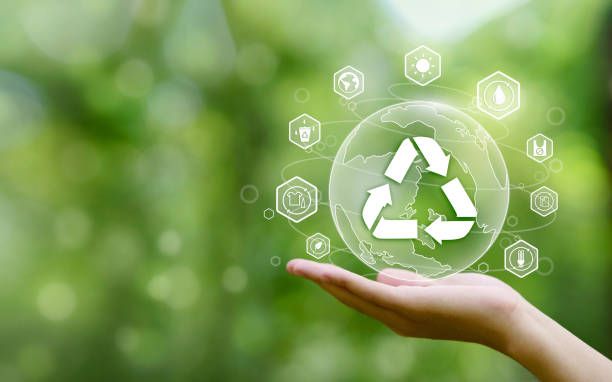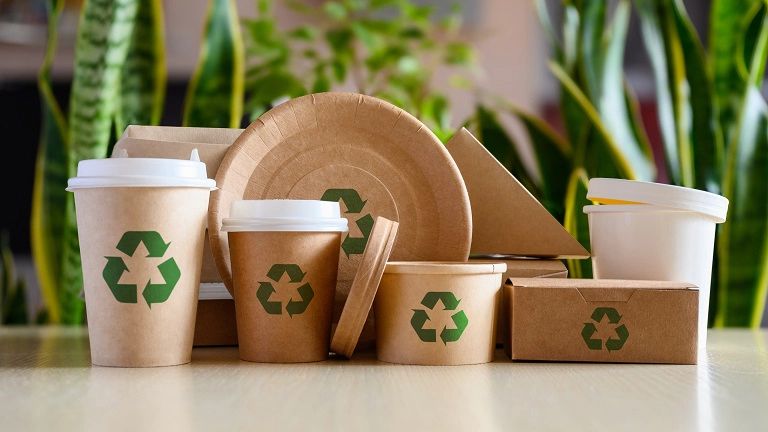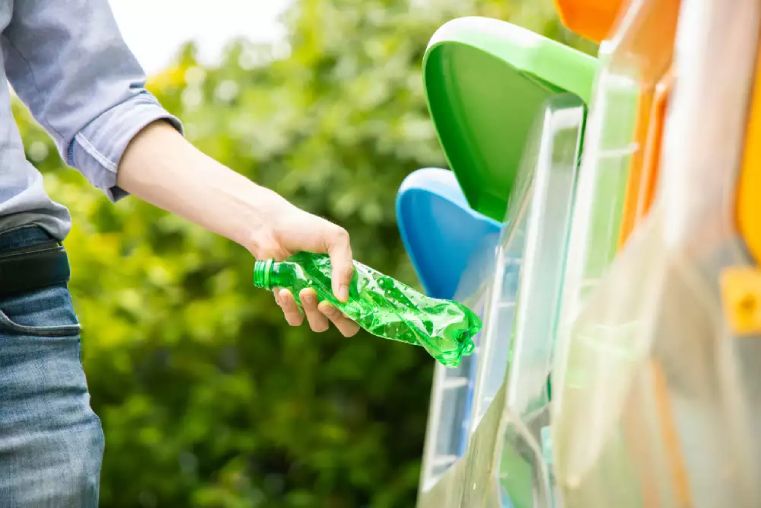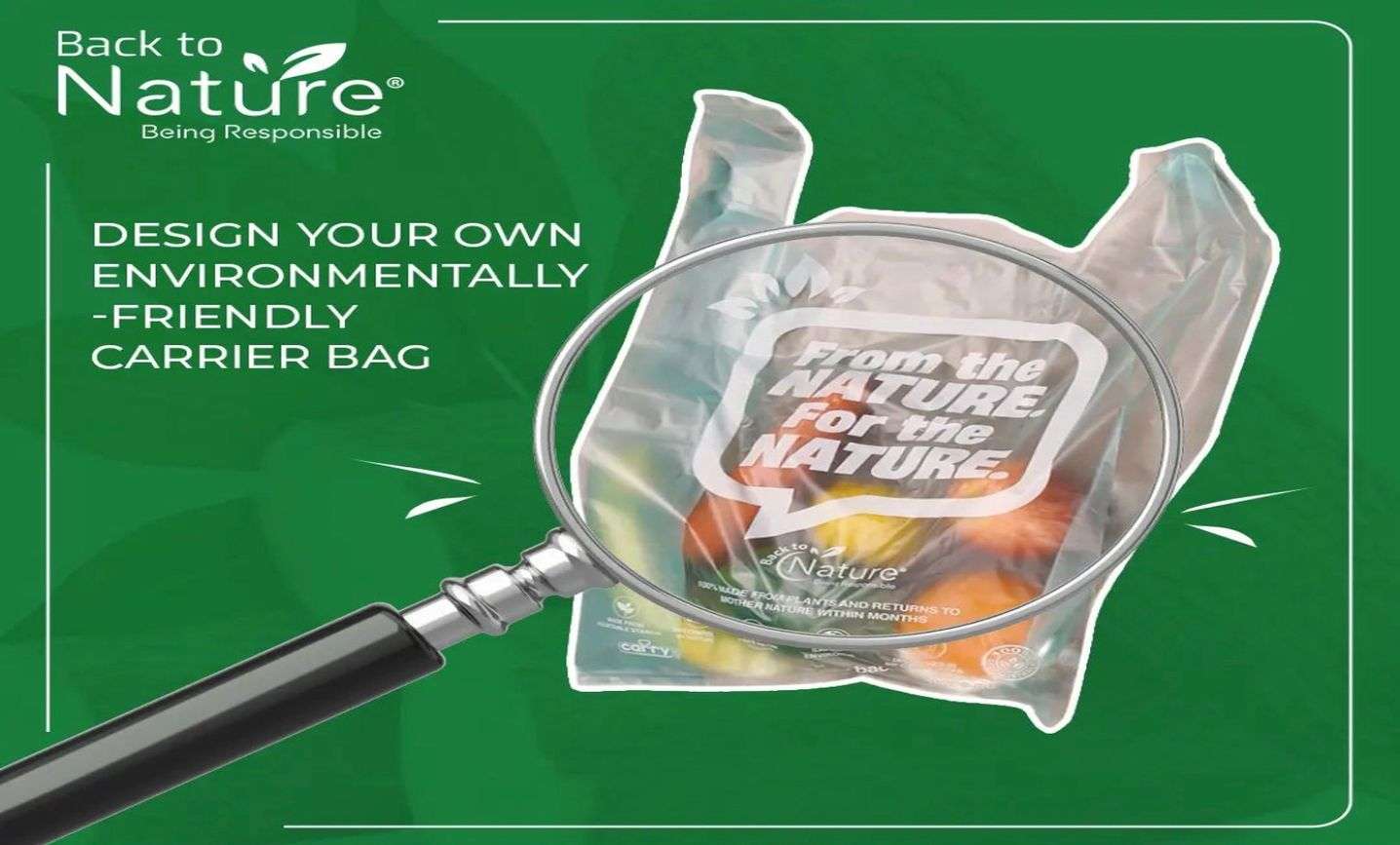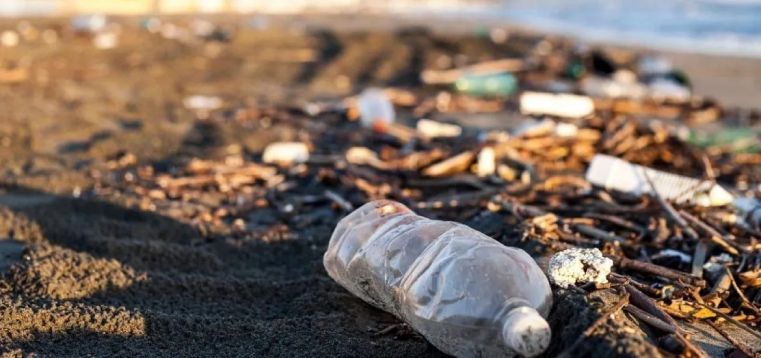
The Plastic Paradox
We all know plastic pollution is a global crisis. Images of littered beaches and wildlife entangled in plastic waste have become all too familiar. But beyond its immediate environmental impact, plastic pollution plays a more insidious role in climate change than we might realize.
Carbon Footprint of Plastic Production
The production of plastics is inherently energy-intensive. The extraction and processing of fossil fuels to create plastic materials release vast amounts of greenhouse gases into the atmosphere.
Moreover, the transportation and distribution of plastic products add to their carbon footprint. So, every plastic bottle, bag, or container we use contributes, albeit indirectly, to the climate crisis.
The Decomposition Dilemma
Plastics never truly biodegrade. Instead, they break down into smaller particles called microplastics, which infiltrate our ecosystems and food chains. As these plastics degrade, they release methane, a potent greenhouse gas, further intensifying the greenhouse effect.
Disposal and Incineration
The improper disposal of plastic waste through incineration is another climate concern. Burning plastics releases harmful chemicals and greenhouse gases, including CO2 and dioxins, into the atmosphere. This not only contributes to global warming but also poses significant health risks.
Oceanic Woes
Our oceans, which act as vital carbon sinks, are bearing the brunt of plastic pollution. As plastics degrade in the marine environment, they disrupt the balance of ecosystems and hinder the ocean’s ability to sequester carbon dioxide. The result? An accelerated rise in atmospheric CO2 levels.
Plastic in a Warming World
Climate change exacerbates the plastic problem, creating a vicious cycle. Rising temperatures lead to more frequent and severe weather events, increasing the likelihood of plastic pollution. Likewise, plastic pollution worsens climate change by releasing greenhouse gases and disrupting ecosystems that naturally sequester carbon.
But here’s the good news: we can break this cycle. Together, we can make a difference by:
1 – Reducing Plastic Use: Embrace reusable alternatives and support businesses that prioritize sustainable packaging.
2 – Recycling Responsibly: Properly dispose of plastics to reduce the need for new production.
3 – Supporting Innovation: Invest in research and technologies that promote circular economies and plastic alternatives.
4 – Advocating for Policies: Push for policies that encourage sustainable practices and hold industries accountable.
5 – Educating and Raising Awareness: Spread the word about the links between plastic pollution and climate change.
Conclusion
Our fight against climate change is multi-faceted, and addressing the plastic waste crisis is a crucial component. By recognizing the role of plastic waste in exacerbating climate change and taking action, we can contribute to a more sustainable and resilient future for our planet.
Let’s keep this conversation alive! Together, we can drive positive change and make a significant impact.
